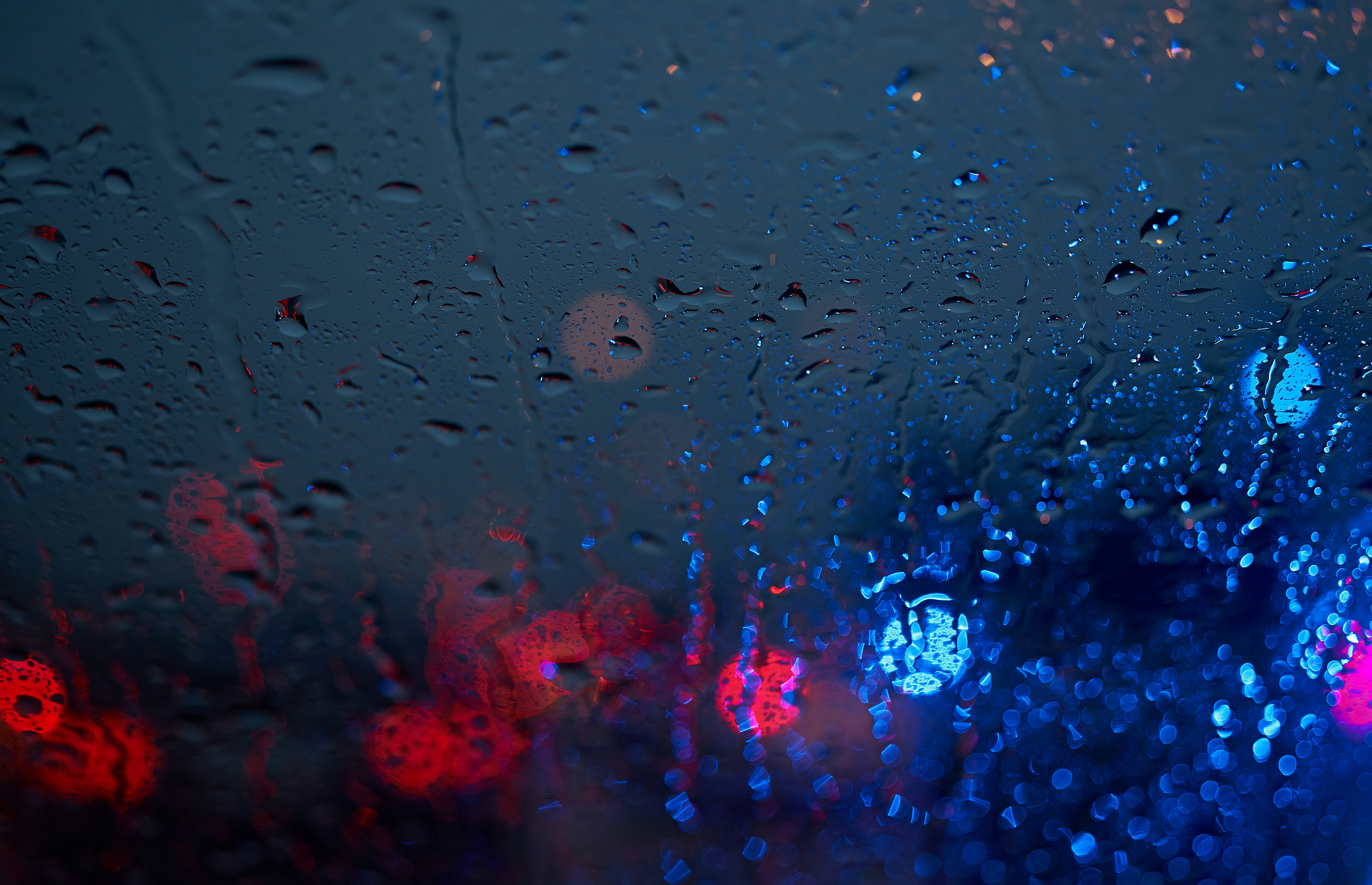Medical emergencies: when music helps (Part 3/3)
In mobile services, the cabin music becomes the invisible team member. Synonymous with focus or motivation, it is also a generational bridge.
Music and emergency medicine
About the author: Prof. Nicolas Peschanski works as an Emergency Medicine consultant at the Centre Hospitalier Universitaire de Rennes, France. Translated from the original French version
In Part 2 of this series, we have seen the value of music in the emergency services. But what about the pre-hospital contexts?
On the pavement, you have just brought back to life a heart that had stopped. Then you suddenly realise that you have used the same lines as in ER (even the youngest readers must have heard of this mythical series). "Charge to 300 joules", "Clear!",...
As soon as the patient is handed over to your resuscitator colleagues, don't you have this furious urge to turn up the volume on the radio and play Thunderstruck (AC/DC) and Kickstart My Heart (Mötley Crüe)? Or at least a little Stayin' Alive (Bee Gees) followed by the theme from Mission Impossible (Lalo Shifrin), for the road?
"Smells Like Team Spirit"
Well, I have to admit that it's actually when I get into action that I tend to put on some sound. Even a loud sound. If my colleagues agree, of course. But I've noticed that those I work with regularly still smile to see that this initiative comes from me. Others give me the 'devil's horns' sign - a rallying cry for our shared rock culture - even though I've just covered the song by singing in a rather rough voice.
So, in the operating theatre and especially in the emergency vehicle, the energy rises to a crescendo. Like an echo of the intensity of the resuscitation that one has just executed, all the more so when one has defibrillated two or three times, fought to save a patient or succeeded in a technically difficult treatment.
This music rising in the cabin, I see in it a kind of celebration of our shared understanding of what a team is. And there's nothing better when the song is over than a colleague plugging his smartphone into the Bluetooth to suggest what to do next.

Nightcall
Midnight is already far away, the city and countryside are quiet. You are leaving for an intervention, and to overcome fatigue, your body demands palpable energy. This is even more true when there is a vital emergency but the journey ahead is still long.
It is too early for action, too early even to put on gloves. In your mind, scenarios are forming. You anticipate the sequences of actions to be performed according to the clinical situation you will discover - like those skiers who, with their eyes closed, visualise the sequence of slalom gates to come.
Yet you know that what you are imagining at that moment will not correspond precisely to reality, that each situation is unique. It's at times like this that I turn on the radio in the emergency vehicle and look for a radio station that plays rock music.
When the first notes of the classic Gimme Shelter (Rolling Stones) come out of the speakers, as if the song is waiting to be released from its box, my often younger crew members smile and chorus a request to turn up the volume.
"Do you like the Stones?" When I ask the paramedic, nurse or intern this question, I am often surprised. Mick Jagger is their grandfather's age, yet they love the Stones! I like the idea that they will remember this moment of sharing during a future intervention, and that the music - this one song perhaps? - will accompany them through the nights on duty call.
The Sound Of Silence
For those who are interested, there are a growing number of playlists dedicated to emergency vehicle deployments. These songs, which seem to be written for out-of-hospital situations, are sure to put you in the right mood for your next intervention. In our "Bonus track", an extra part of this series, you will find emergency and ambulance playlists, including the very complete one from the Rennes University Hospital Emergency Room.
But don't forget that you are a team! Even if these songs will put you in the mood to face any intervention, from a cardiac arrest to a multi-victim accident, it is always team work and the team's mood what prevails. Sometimes silence is the best preparation.
Finally, whatever music you are listening to, don't lose sight of your destination or what is in front of you! Also make sure that everyone can hear radio and telephone calls. And don't forget: the ambulance driver must keep their concentration intact at all times and they are the only one in charge!